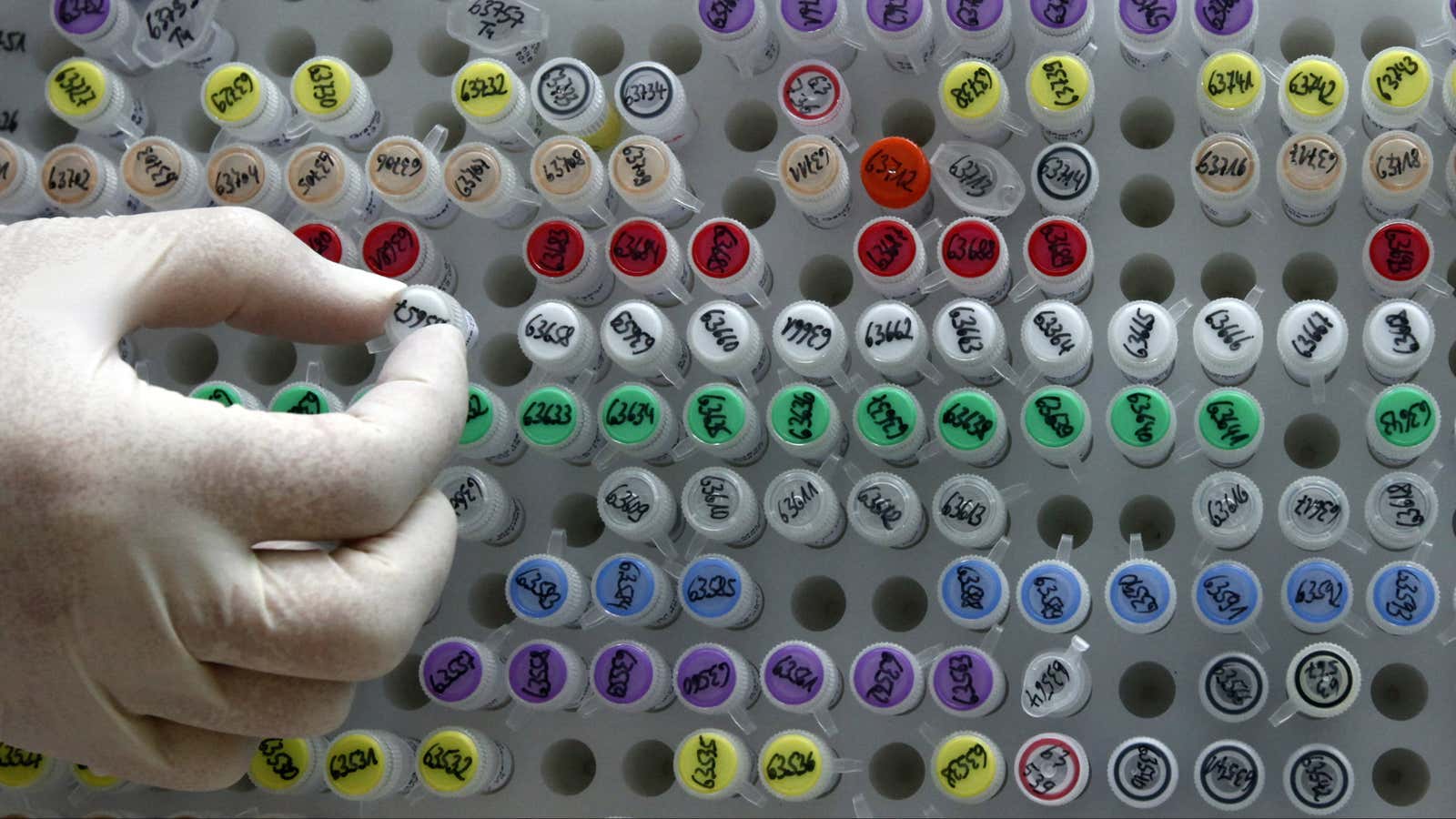British authorities have become the first in the world to license a gene-editing technique on human embryos for research.
The landmark decision permits researchers from the Francis Crick Institute in London to edit the genomes of human embryos using a technique known as CRISPR–Cas9, a powerful tool that allows researchers to snip out defective genes and replace them with healthy ones with groundbreaking accuracy.
Researchers will look at the earliest stage of human development—the first seven days of a fertilized egg—to gain a better understanding of how a healthy human embryo grows.
The controversial CRISPR technique was unceremoniously brought into the limelight after Chinese researchers published the world’s first scientific paper on altering the DNA of human embryos last year. The research ignited an ethical debate on where to draw the line with gene-editing human embryos. Critics argue that the powerful technique could push humans to dangerous uncharted territory, leading to so-called “designer babies.” Advocates called for gene-editing technology to be developed as it could provide new medical treatments.
“China has guidelines, but it is often unclear exactly what they are until you’ve done it and stepped over an unclear boundary,” Prof Robin Lovell-Badge, group leader at the Francis Crick Institute, told the BBC. “This is the first time it has gone through a proper regulatory system and been approved.”
For now, it’s illegal for Francis Crick’s researchers to implant the genetically modified embryo into a woman. Researchers will destroy the embryos after studying them for seven days. Researchers hope the work will provide some insight on miscarriages and lead to better treatments for infertility.
